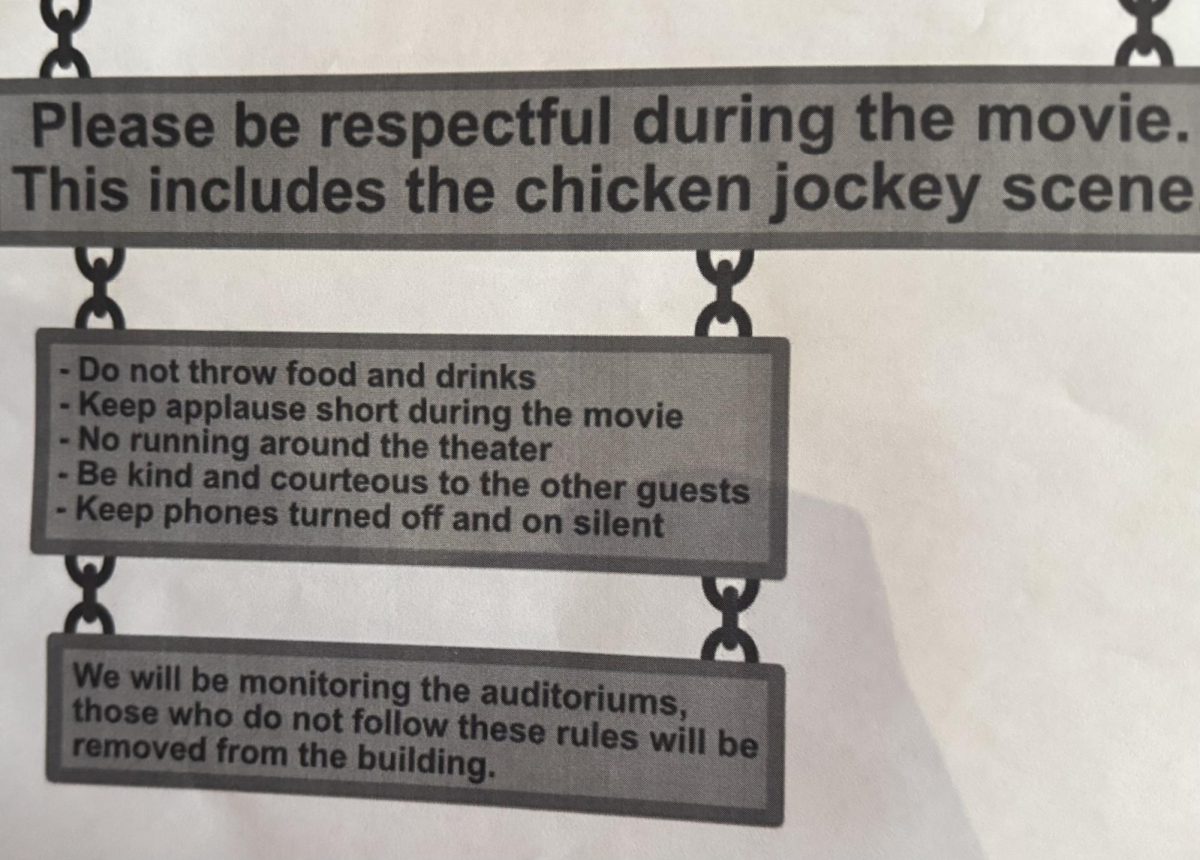When you’re an introverted college student, there’s one word you dread the most. It appears on so many syllabi. It dominates class periods. It weasels its way into midterm grades. The word isn’t exam or essay, paper or project. It’s participation.
Macalester prides itself on participation-heavy, discussion-based courses, especially in the humanities and social sciences. Professors use in-class verbal participation to gauge students’ comprehension of the course material, as a quick check for homework completion, and as a way to encourage students to hone their verbal communication skills.
These are reasonable goals. Teachers also incentivize participation through its inclusion in final grades, often counting as much as tests or term papers. Verbal participation’s role as the foundation of a class period and as a tool for evaluation places many introverts at a disadvantage. On the whole, introverts are reflective and watchful. They are information gatherers instead of impulsive responders, listeners instead of talkers. They often seek solitude, not stranger-filled social situations. They enjoy expression through writing, and are energized by deep focus. Contrast introverts’ traits with the characteristics of participation-centric courses. These classes capitalize on constant group interaction, limited time for individual reflection, and prioritize orating over listening. Too often, the class dynamic becomes “participate — or else.”
With the intense reliance on verbal participation, professors don’t only disregard fundamental character traits. They also diminish the significance of academic skills that stem from introversion. Enjoying wholehearted concentration and possessing a willingness to tackle big topics alone contributes to the mastery of material, leads to meaningful class contributions, and produces insightful coursework. These skills are devalued when the amount of hand raising is favored instead.
Verbal participation is not an infallible method of testing students’ knowledge or checking for the completion of assigned readings. Some students don’t complete their homework and bluff their way through class by speaking in generalities. Other students contribute only by synthesizing others’ comments and end up adding little to the discussion. Others participate only because their grade depends on it, and scramble for something, anything, to say.
Professors, you can adjust your classes so all students can demonstrate their varied strengths. All you need to do is tweak the dominant discussion system. These adjustments can begin at the semester’s start. Let your students contribute their thoughts about and approaches to in-class participation at the beginning of the course. Students are seldom provided with this opportunity, and a short survey could rectify this situation. Ask students to write about the types of participation they enjoy, and provide a space to air concerns or provide honest opinions. Inviting these conversations could be an important first step towards building a strong student-professor relationship, since face-to-face meetings are less intimidating when instructors demonstrate a commitment to supporting a variety of students.
Rather than using the most talkative student’s frequency of participation as the standard measure of what an “A” should be, professors could use survey information to customize the evaluation of in-class contributions. One student’s participation grade should not depend on another’s. Teachers: measure individual growth rather than gross quantity. If a student who struggles with participation speaks up once or twice a week, that may mark a big step forward.
This achievement should be rewarded, not negated by saying that it’s “not enough.” Professors could keep participation as a course component and allow for student contributions in other ways. If 20% of a final grade will be based on participation, allow 10% to be earned through introvert-favoring contributions. The website Piazza, an online forum that allows students to post comments or questions at any time that is growing in popularity on campus, is one such means. A required pre-class Piazza post gives introverts the reflection time they crave before contributing to class discussions, and all students get the added benefit of interacting with material outside of the three weekly class hours. Piazza posts can guide or fuel in-class discussions, and still serves as a check for homework completion and understanding.
Class-only contributions can also be adjusted through an opt-in assignment that takes the place of a bulky participation grade. If participation is a quarter of the grade, allow interested students to complete another task —a smaller paper, an independent project — to replace 15% of this grade. Introverts can draw upon their strengths while still practicing their skills in the classroom, and other students who thrive in class discussions can choose not to complete the additional assignment and emphasize their verbal strengths.
If professors aren’t, for whatever reason, interested in decreasing the prominence of in-class verbal participation, minor modifications could be made to class periods. A few minutes of reflection during every class period before the leap into discussion, or providing general conversation topics the day before class, are two small ways introverts could feel more prepared. This would not only draw upon introverts’ appreciation of reflection and deep focus, but also provide for more fruitful conversations as a whole. Brief small group discussions, instead of full class talks, is another way to broaden the number of voices represented in a conversation. These could be used occasionally, or these easy methods could be woven into even more hours of classes. An altered approach to participation and simple modifications to class time could change the perception of introverts on an extrovert-centered campus. The quiet ones are too often seen as disengaged in class: they’re the ones who didn’t prepare, who don’t try, who aren’t interested.
Reliance on in-class verbal participation perpetuates this harmful thinking, as introverted students are punished for their personalities. Hand raising is not the only indicator of engagement. The overemphasis of verbal contributions creates grounds on which students evaluate each other, leading to the further denigration of introverts’ abilities.
Introverts face challenges in the classroom. But this is a problem that can be solved through changes beneficial to all types of students. Professors and students should realize it’s not that introverts don’t have anything to say, they just need a different way to say it.







Mary Paige • Sep 11, 2019 at 4:36 pm
All right this YouTube video is much superior than last one, this one has pleasant picture quality as well as audio.
Emily Mathis • Sep 10, 2019 at 10:49 am
Thanks for the different tips provided on this site. I have observed that many insurance firms offer customers generous savings if they elect to insure several cars together. A significant number of households have got several vehicles these days, particularly people with older teenage youngsters still residing at home, along with the savings upon policies can easily soon begin. So it pays off to look for a great deal.
Kimberly Bower • Sep 5, 2019 at 10:14 am
Very energetic blog, I liked that a lot. Will there be a part 2?
Charissa Dines • May 14, 2019 at 12:08 pm
Have you investigated adding some videos for your article? I think it will really enhance my understanding
sarah • Apr 5, 2019 at 10:57 am
Only a smiling visitant here to share the love (:, btw outstanding style and design .